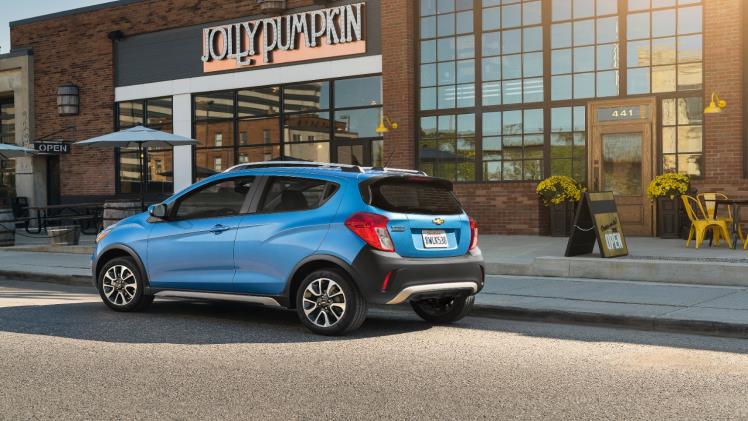Compact cars, also known as subcompact cars, have gained popularity in recent years due to their affordability, fuel efficiency, and easy maneuverability. They are often considered a practical choice for urban dwellers and those who prioritize low maintenance and low-cost ownership. However, like any other car, compact cars have their pros and cons. In this article, we will explore the pros and cons of buying a compact car. You can visit the sparak website for more information.
Pros:
Fuel efficiency: Compact cars are known for their fuel efficiency. They have smaller engines and weigh less, which means they use less fuel to cover the same distance as larger cars. This can result in significant savings on fuel costs over time, especially for drivers who do a lot of city driving. You can visit the collaborate website for more information.
Affordability: Compact cars are generally less expensive than larger cars. They have a lower starting price, and their maintenance and repair costs are also usually lower. This makes them an attractive option for drivers who want a new car but have a limited budget. You can visit the bestsolaris website for more information.
Easy to park: Compact cars are much easier to park than larger cars. They can fit into smaller spaces and are easier to maneuver in tight parking spots. This can be a significant advantage for drivers who live in urban areas with limited parking spaces. You can visit the cheking website for more information.
Lower insurance costs: Compact cars are usually less expensive to insure than larger cars. Insurance companies consider the cost of the car, its safety features, and its accident history when determining the premium. Compact cars are generally considered safer than larger cars because they are easier to handle and have better visibility. You can visit the intently website for more information.
- Environmentally friendly: Compact cars produce fewer emissions than larger cars, which makes them an environmentally friendly option. They require less fuel to cover the same distance, and their smaller engines emit fewer pollutants into the air. This makes them an ideal choice for drivers who want to reduce their carbon footprint.
Cons:
- Limited space: Compact cars have limited space, both for passengers and cargo. They usually have smaller rear seats and less legroom, which can be uncomfortable for taller passengers. Additionally, their smaller trunks may not be able to accommodate larger items or suitcases, which can be inconvenient for road trips.
- Lack of power: Compact cars are not known for their power. They usually have smaller engines, which means they may not be able to accelerate quickly or reach high speeds. This can be a disadvantage for drivers who like to drive on highways or who need to merge into fast-moving traffic.
- Ride quality: Compact cars are known for their stiff suspension, which can result in a rougher ride. They are designed to be lightweight and agile, which means they may not have the same level of comfort as larger cars. This can be a disadvantage for drivers who prioritize a smooth and comfortable ride.
- Safety concerns: Compact cars may not be as safe as larger cars. They are designed to be lightweight, which means they may not be able to withstand a collision as well as larger cars. Additionally, they may not have the same level of safety features as larger cars, such as side-curtain airbags or advanced driver assistance systems.
- Limited options: Compact cars may have limited options when it comes to features and amenities. They may not have the same level of technology or luxury features as larger cars, such as heated seats or a premium sound system.
In conclusion, buying a compact car has its pros and cons. They are affordable, fuel-efficient, and easy to park, which makes them an attractive option for urban dwellers and those who prioritize low maintenance and low-cost ownership. However, they also have limited space, lack of power, and safety concerns, which can be a disadvantage for drivers who prioritize comfort and safety. Ultimately, the decision to buy a compact car will depend on the individual’s needs and preferences.

